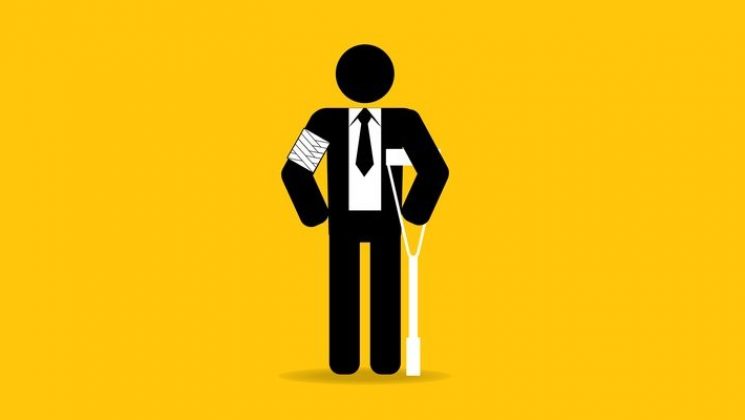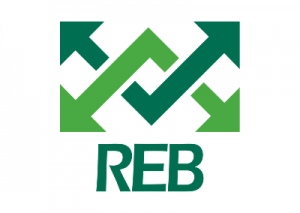ACC provides personal injury cover for all New Zealand citizens, residents and temporary visitors to New Zealand. ACC uses a risk-based classification system where business activities are grouped so the costs of work injuries are fairly distributed among similar businesses. ACC sets levies for each group by comparing costs of previous claims with total earnings within that activity group.
Whether you are self-employed, a shareholder employee or an employer, you are required to pay ACC levies.
If you’re self-employed, you pay three different levies:
- Work levy (covers weekly compensation, rehabilitation and medical costs)
- Earner Levy (this covers non-work injuries)
- Working Safer Levy, supporting WorkSafe NZ’s activities and injury prevention across the country.
ACC CoverPlus
ACC have named their levies for self-employed people “ACC CoverPlus”. This is the standard ACC product. If you have an injury covered by ACC and proof of loss of earnings, ACC will provide you with weekly compensation based on 80% of your earnings, or if you are newly self-employed, you would receive the minimum (ACC can provide the latest figures).
ACC invoices
Until now, ACC CoverPlus levies were based on your income from self-employment in the previous financial year. This is changing in the 2019/20 year. ACC will use the income from your tax return to calculate a levy for the same year.
This means you won’t receive an invoice from ACC this year. Your income from the 2019 tax year will not be used to raise a levy because the 2019 levy obligation was based on 2018 income under the old rules. Under the new rules the 2020 levy obligation will be based on your 2020 income.
ACC plan to contact self-employed customers in 2019 to make sure they understand what these changes mean for them.
Mixed Earners
A mixed earner is a self-employed person who derives income from salary or wages from employment and earnings from self-employment. These earnings might include:
- gross earnings as an employee
- a shareholder-employee salary
- self-employed income
- active partnership income
For example, an orthopaedic specialist who works for the DHB and who also has a private practice would fall into this category.
ACC is unable to identify these mixed earners as individual wage details are not provided to ACC. If you fit into this category please let us know as soon as possible as we need to determine whether your income takes you over the annual maximum earnings. If so, we will obtain a Summary of Earnings from Inland Revenue and advise ACC that this situation applies to you. ACC will then review your account and confirm the correct levy for your non-PAYE earnings.
Issues for self-employed and non-PAYE shareholders
Under the standard ACC scheme (ACC CoverPlus or ACC Workplace Cover) there are a number of complicating factors that result in loss of certainty for many shareholder employees and self-employed people when they have an accident.
One of the biggest problems is that there is no guarantee as to what cover you will receive while you are unable to work. ACC will want to know that your accident has caused a financial loss to your business. If you are unable to prove this (for example, maybe the price you are receiving for your goods or services has increased over the last year and your income was going to be up anyway), ACC may require you to pay back any compensation they have advanced to you.
There is also an abatement provision. This means that as soon as you start to return to work – even if only for a few hours a day, the compensation you receive will start to reduce based on the number of hours you work in the business.
If you are self-employed or a non-PAYE shareholder, ACC CoverPlus Extra may provide a better alternative cover.
Our Recommendation
Navigating ACC can be complex. We can assist you with managing the whole process. If you are interested to find out more about ACC please contact The Engine.
This resource was provided by:


